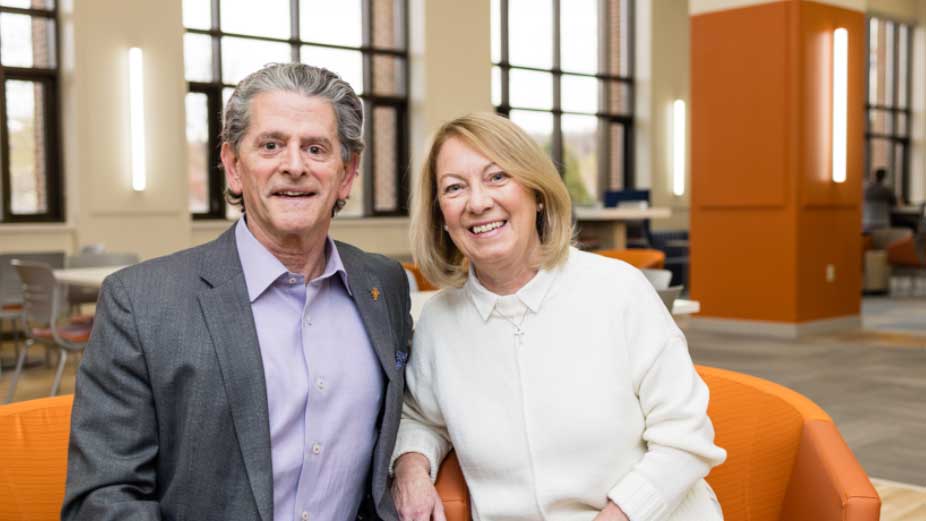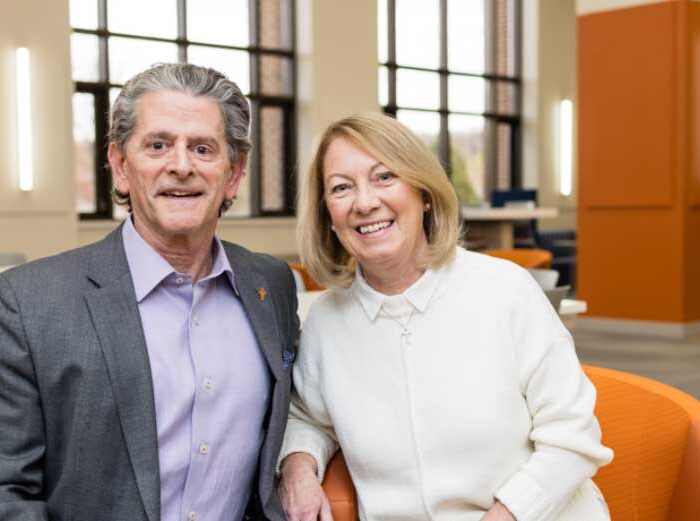Why Sustainability Matters
Healthcare has always faced challenges. Today, the foes we face are understaffing, budget constraints, the after-effects of COVID and societal hardships. Let us not forget nurses are people too. We have our struggles even when on the clock, caring for others.
Climate change has affected how nurses provide care. Flooding, heatwaves, natural disasters and storms bring new patient-care scenarios. Without changing how the world operates, experts feel we will experience more air pollution-caused illnesses, other pandemics, food scarcity, low drinking water supply and more extreme weather incidents. This affects nurses as individuals, our patients and our profession. Healthcare can no longer ignore the issue or push back on our portion of responsibility if we are to reverse course.
Our Footprint
It seems contradictory to our mission for healthcare to be a pollution source. Patient care and public health go hand in hand. According to figures from the Yale University Public Health Department, 10% of carbon emissions and 9% of harmful non-greenhouse gasses are directly related to outputs by the US healthcare system.
Nurses are not immune to climate change manifesting as illnesses. RNs care for patients affected by environmentally-related conditions: COPD, pneumonia, cardiovascular disease, asthma, cancer and—unfortunately—the list goes on. It’s time to change healthcare-related policies and procedures to reduce environmental impact, and it can start with us.
How You Can Help
Accessibility and Prevention
Everyone deserves the chance to be as healthy as possible. When people feel great, that’s also good news for the planet. When we are well, fewer medical resources and outputs are necessary. That’s why continuing to remove barriers to healthcare matters. Nursing plays a critical part in improving access to prevention and treatment. RNs help support patient wellness through health screenings, patient education and gathering comprehensive patient histories. Pop-up clinics, childhood vaccinations and community outreach are all a part of the professions’ community focus that can make a big difference in early detection and diagnosis of environmental-related illnesses.
Net-Zero Healthcare
Leaving less of a burden on the earth includes taking bold approaches. Nurses can heal patients while protecting the planet. Since the core of healthcare is to do no harm, the Net-Zero Healthcare initiative’s goal is to no longer exceed the earth’s capacity to handle humankind. The approach is a tangible way health facilities and systems can reduce their carbon footprint. Hospitals, med-surg clinics and healthcare supply chains investing in Net- Zero Healthcare understand the key challenges and changes that must be made in energy consumption, patient and product transport and product manufacturing, use and disposal.
Caregivers can use their voice, and buying power, to influence suppliers’ environmental performance. By asking open-forum questions about “green purchases” to those in procurement, it can nudge hospital systems, clinics and private practices to invest in environmentally-friendly products. Air pollution can be reduced by implementing more digital infrastructure for telehealth and reducing patient and staff transport. Ask about the long-term Net-Zero vision your healthcare employer has adopted.
Little changes. Big difference.
Everyone should take steps to ensure the ecosystem can meet the needs of future generations. No one has a bigger heart when it comes to caring for the needs of others than nurses. Here is a list of little changes nurses can make that will make the world better.
Rethink your route to work – Do you live close enough to walk or bicycle to work? Have a coworker that commutes near your house? Ever considered letting public transit do the driving so you can read a little more and stress a little less? Changing how you travel back and forth can reduce vehicle emissions and help sustainability efforts.
Lights out – Saving energy can be as easy as flipping a switch. If no one is in the staff lounge, turn off the lights. If patient rooms are empty, close the blinds to save temperature loss, and check with the floor charge nurse to see if appliances not in use can be unplugged to save energy.
Plastic in its place – If your employer recycles, that’s a great start. How about taking it a step further? Ask about making the move to sustainable alternatives. Use refillable water bottles, switch to recycled paper products and invest in climate-friendly industry-approved cleaning supplies.
Advocate for the earth – Nurses: your voices matter. Your input is critical to patient care. Thinking sustainably while continuing to follow medical protocols is a forum you should be a part of. Nurses are changemakers. Use that positive influence to start meaningful conversations, reduce waste, and make a difference in your workplace.
As seen in the The Lamp fall 2023 issue
















